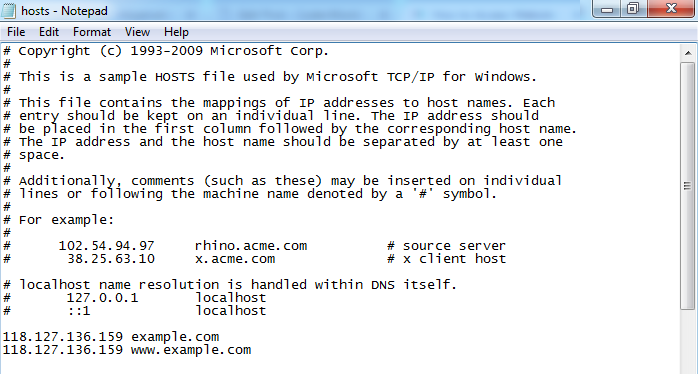Hosting Without a Domain Name: What You Need to Know
When it comes to setting up a website, one of the first things that comes to mind is a domain name. A domain name is like the address of your website, allowing users to find you on the internet. However, did you know that it is possible to host a website without a domain name?
Hosting without a domain name may seem unconventional, but it can be a practical solution for certain scenarios. Whether you’re testing a website, setting up a temporary site, or simply want to access your website via an IP address, hosting without a domain name can be a useful option.
How Hosting Without a Domain Name Works
When you host a website without a domain name, your website is accessed through an IP address. An IP address is a unique string of numbers that identifies a specific computer or server on the internet. Instead of typing in a domain name like “example.com,” users would enter the IP address directly into their browser to access your site.
While hosting without a domain name can be convenient for certain situations, there are some limitations to consider. For example, IP addresses can be difficult to remember, leading to potential usability issues for visitors. Additionally, without a domain name, your website may not appear as professional or trustworthy to users.
Pros and Cons of Hosting Without a Domain Name
Pros:
- Cost-effective option for testing or temporary sites
- Access your site via an IP address
- Does not require purchasing a domain name
Cons:
- Difficult for users to remember an IP address
- Site may appear less professional or trustworthy
- Limited SEO benefits without a domain name
Ultimately, the decision to host a website without a domain name depends on your specific needs and goals. If you’re looking for a cost-effective solution for testing or temporary sites, hosting without a domain name could be the right choice for you. However, if you want to establish a professional online presence, investing in a domain name may be the better option.
Regardless of your choice, it’s essential to understand the implications and limitations of hosting without a domain name. By weighing the pros and cons, you can make an informed decision that aligns with your website’s goals and objectives.
In conclusion, hosting a website without a domain name is possible but comes with its own set of challenges. Whether you choose to go this route or opt for a traditional domain name, it’s important to consider the implications and make a decision that best serves your website and its visitors.
